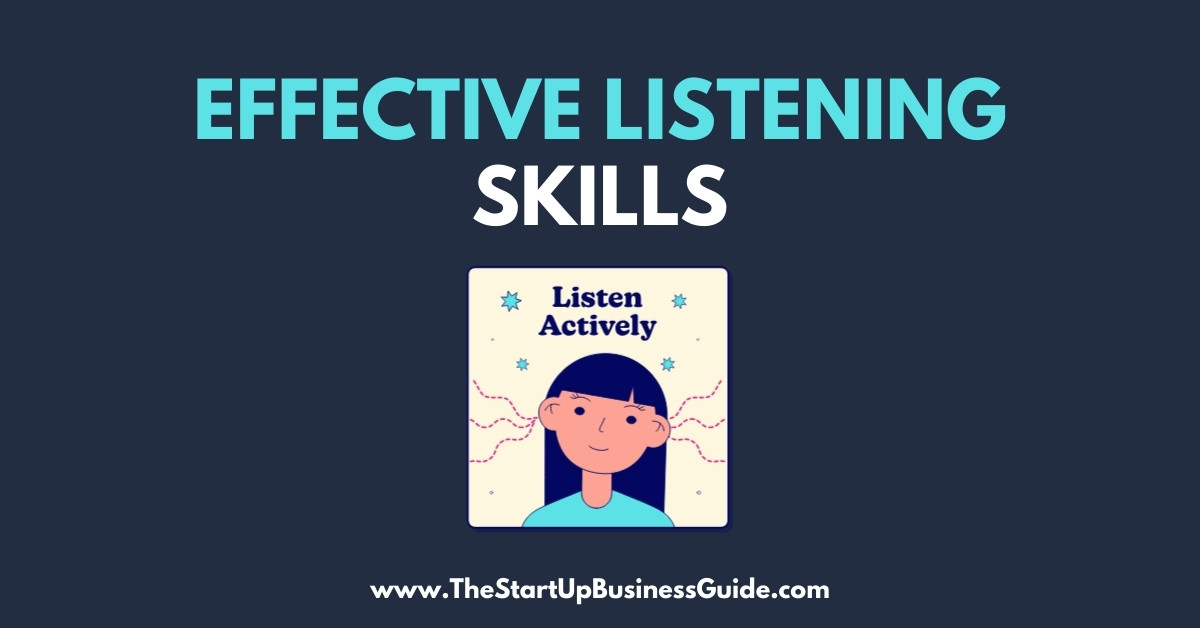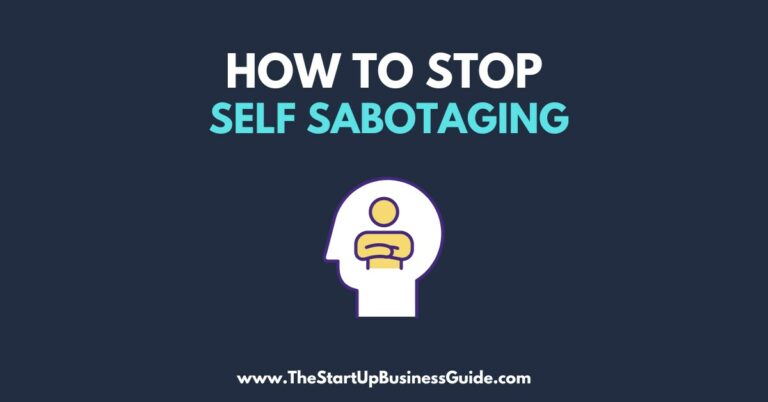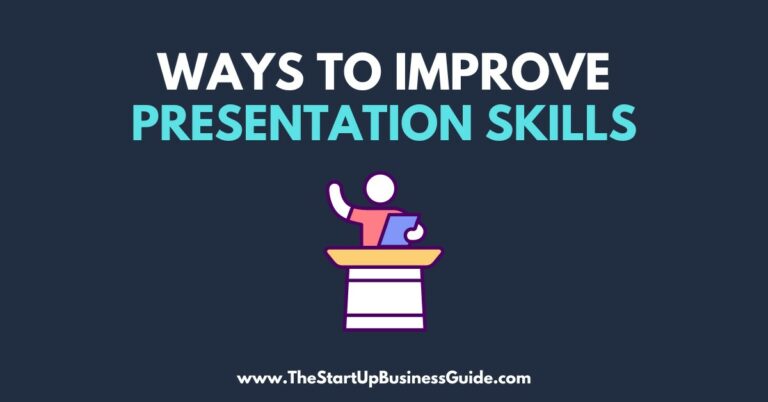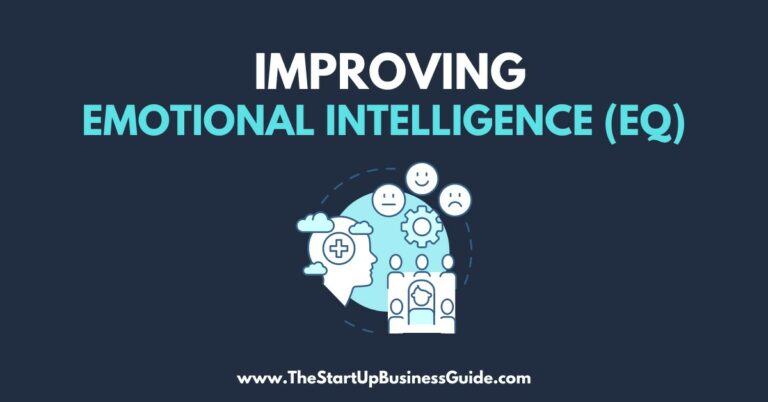10 Steps to Effective Listening Skills

Effective listening is a critical skill that can greatly benefit both personal and professional relationships.
It is the ability to fully hear and understand what is being said by others, and to respond appropriately.
However, in today’s fast-paced and technology-driven world, it can be difficult to focus on the person speaking and eliminate distractions.
In this article, we will be outlining 10 steps that can help you become a more effective listener.
Step 1: Remove distractions
Distractions come in many forms, from our phones and laptops to the noise outside.
To be an effective listener, it’s important to identify and eliminate these distractions.
One way to do this is to create a conducive listening environment.
This could mean closing your office door, turning off your phone, or finding a quiet place to hold a conversation.
Step 2: Focus your attention
To be an effective listener, it is essential to focus your attention on the person speaking.
This means putting away any distractions and paying attention to the conversation.
Using techniques such as deep breathing and mindfulness can help you stay present in the moment.
It is also important to maintain eye contact and give the speaker your undivided attention.
Step 3: Listen actively
Active listening is an important aspect of effective listening.
This means being fully engaged in the conversation and taking an active role in understanding the speaker’s message.
Some examples of active listening behaviors include asking clarifying questions, paraphrasing what the speaker has said, and providing feedback.
Step 4: Show that you’re listening
Nonverbal cues such as nodding and making eye contact can indicate to the speaker that you are actively listening.
Verbal cues such as “mm-hmm” or “I see” can also be used to show that you are paying attention.
Step 5: Avoid interrupting
Interruptions can damage communication and make it difficult for the speaker to fully express themselves.
To avoid interrupting, try to hold back on your thoughts and reactions until the speaker has finished speaking.
Also, try to resist the urge to finish their sentences for them.
Step 6: Ask questions
Asking clarifying questions is an important aspect of active listening.
It shows that you are engaged in the conversation and want to understand the speaker’s message.
When asking questions, try to use open-ended questions that encourage the speaker to elaborate on their thoughts.
Step 7: Paraphrase
Paraphrasing is when you repeat back to the speaker what you believe they have said in your own words.
This can help to ensure that you have understood their message correctly.
When paraphrasing, try to use simple, clear language that is easy for the speaker to understand.
Step 8: Give Feedback
Giving feedback is another important aspect of active listening.
It allows the speaker to know that their message has been received and understood.
When giving feedback, try to be specific, constructive, and honest.
Step 9: Take Notes
Taking notes during a conversation can be a helpful tool for effective listening.
It allows you to remember important points and refer back to them later.
When taking notes, try to be concise and focus on the key points of the conversation.
Step 10: Watch out for nonverbal cues
Nonverbal cues such as facial expressions and body language can reveal hidden meaning that may not be expressed in words.
By paying attention to these cues, you can gain a deeper understanding of the speaker’s message.
Conclusion
In conclusion, effective listening is a critical skill that can greatly benefit both personal and professional relationships.
By following the 10 steps outlined in this article, you can become a more effective listener.
These steps include removing distractions, focusing your attention, listening actively, showing that you’re listening, avoiding interruptions, asking questions, paraphrasing, giving feedback, taking notes, and watching for nonverbal cues.
Bear in mind that effective listening takes practice, so be patient with yourself and continue to work on developing your listening skills.
With time, practice and effort, you will be able to improve your ability to hear and understand others, and to respond appropriately.
This will lead to stronger relationships and greater success in both your personal and professional life.






